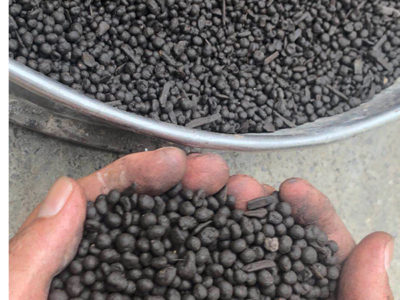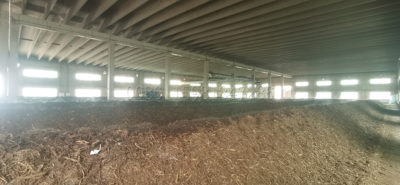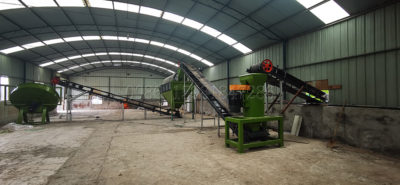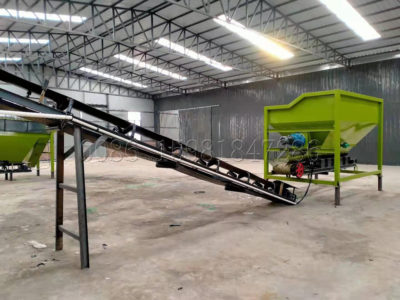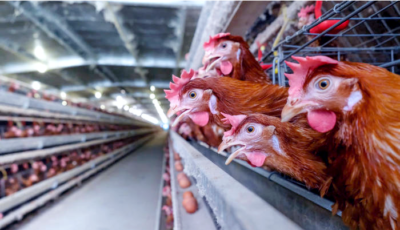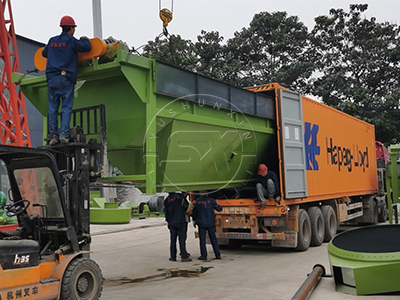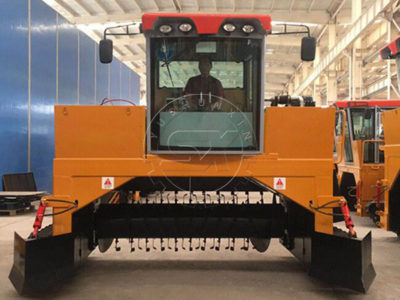Four ways to avoid agglomeration of fertilizer?
1. Reasonable raw materials, that is, raw materials that are not easy to agglomerate as our raw materials. When the air is not too humid, the produced fertilizer will not agglomerate. Fertilizers with humic acid as the main raw material and fertilizers with amino acid as the main raw material are no ...

